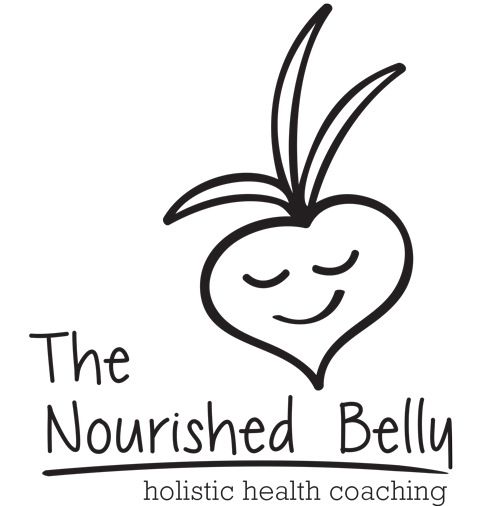Sugar remains to have a presence in my life, sometimes in healthy ways (indulging with friends) and sometimes in not so healthy ways (anyone else go MILES out of their way to buy something sweet?) All in all, however, sugar plays a much different role in my life than even 5 years ago. Regularly doing sugar challenges has been helpful to understand that it is absolutely possible to take sure out of the diet, and the amount of sugar that I enjoy eating has decreased immensely. I cannot eat the same types of sweets that I used to before, and in fact, I’ve come back to my Taiwanese roots when I declare that a dessert is “amazing! It’s not so sweet!” Which, is really the best compliment a Taiwanese person can give to a dessert.
I thought it would be helpful to repost a blog post that I wrote a few years ago about blood sugar, which anyone who eats should have some knowledge about. It’s helpful to understand what’s happening, especially if you tend towards eating a lot of sugar and simple carbs. Making sure that you blend foods with healthy fats can help mitigate the blood sugar spike, and leaning more towards whole foods will almost always be beneficial.
The Low Down of Blood Sugar
Your body needs around 1 tsp of glucose circulating in your blood stream at all times….too low (hypoglycemia) and too high (hyperglycemia) are both dangerous and can lead to problems.
Some Symptoms of Hypoglycemia
Shaking
Irritability
Difficulty in focusing
Sugar cravings
Loss of sex drive
Many other things too…….
Many of us have symptoms of hypoglycemia, which lead us to eat lots of quick fixes….simple carbohydrates and sugar, which eventually can lead us to the path of high blood sugar. Here’s a simplified explanation why: Your body is constantly switching between burning fat and burning the glucose from your meals. It’s very efficient at doing this. When you eat a meal, preferably one that has nice fats and proteins, your body will slowly digest it and glucose will be released into your blood stream at a nice, slow steady pace throughout the day. Perfect to keep you alert and running optimally. Usually there is a little more than you need, so your pancreas will release insulin, which is the hormone that signals your cells to take in any excess glucose from your blood stream. Your body wants to keep your blood sugar stable. More often than not, however, we are eating foods that contain too many simple carbohydrates. You have a scone and a cup of coffee for breakfast. Or a bagel with cream cheese for lunch with that nice glass of orange juice. You aren’t eating enough fat, protein and fiber to slow the digestion, so the sugars from your food are quickly digested and flood your blood stream all at once. If this cycle happens too often, then eventually the cells can become resistant to the insulin. They become hard of hearing essentially. So the pancreas releases larger and larger amounts of insulin, which will cause two things eventually:
1) Your pancreas becomes tired from overwork.
2) The cells stop listening altogether, so you ALWAYS have high blood sugar and high insulin.
With all that extra circulating insulin, is also makes it hard for us to use the glucose stored in the cells. We then need to eat! (vicious cycle!)
High blood sugar can cause a lot of damage. It can damage delicate blood vessels, cause chronic inflammation, and a host of other things. High insulin can cause problems as well, this study from 2007 found that high insulin created damage to blood vessel walls causing cholesterol and plaque to build up. So not only is diabetes a concern, but heart disease, high blood pressure, and a host of other problems can result. The good news, is that even if we have been abusing our body for the last 10 years, and we’ve noticed abdominal fat has built up and our cells are starting to show wear and tear from all that high blood sugar and high insulin…..our bodies are highly sophisticated. The body has a tremendous ability to heal itself once we start taking care of it. It is never too late! So nourish yourselves well, and we’ll go from there.

